

The Congress on Cooperative Energy Transition in Germany is an annual event for renewable energy cooperatives, bringing together individuals involved in energy production, as well as experts in the energy sector and political leaders from Germany. It is organized by the National Office of Energy Cooperatives at DGRV. This year, the event included the participation of representatives from around the world, including the DGRV director in Brasil and expert in renewable energy for Latin America, adding a unique perspective to the discussions.
The director highlighted the situation of energy communities and cooperatives in Latin America, emphasizing the region’s vast potential in renewable energy, as well as the challenges it faces. The energy transition in Latin America is not only about shifting from fossil fuels to renewables, but also about improving access to energy, enhancing energy quality, and reducing costs.
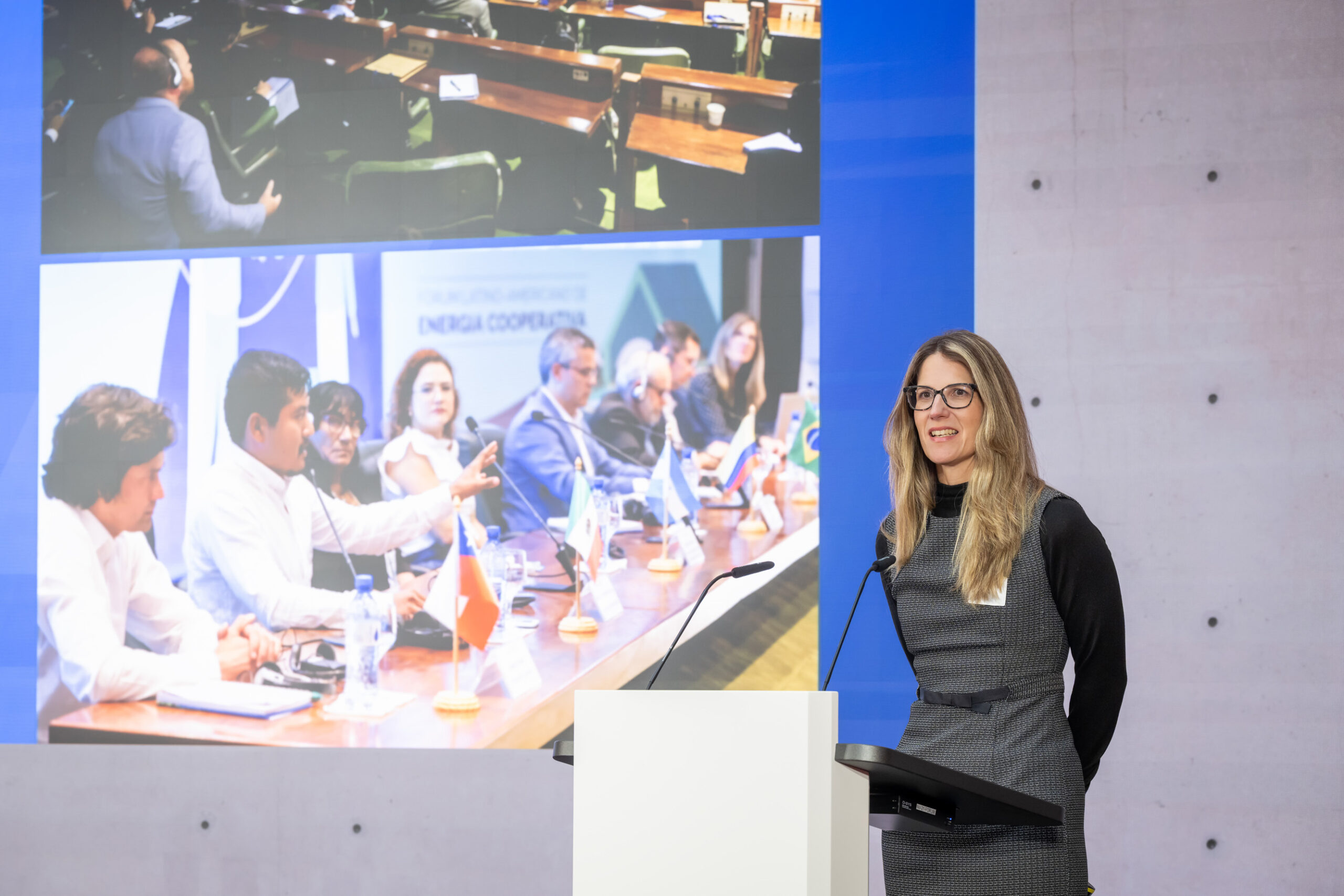
During the panel discussion titled “International Year of Cooperatives 2025 – What Can Energy Cooperatives Learn from Each Other?”, moderated by Andreas Wieg from DGRV and representatives from various regions, participants embarked on a fascinating journey exploring renewable energy cooperatives from Germany to Latin America, with stops in Austria, South Korea, and Denmark. ‘It is incredible to see how people around the world have organized into cooperatives to innovate, achieve their aspirations, and solve their problems,’ commented the director. One of the key takeaways and lessons learned from her participation was the importance of community involvement, local ownership in renewable energy projects, as well as supporting legal framework conditions.
In Latin America, there is a significant difficulty in mobilizing people for collective purposes. There isn’t a strong culture of volunteerism, and individuals are often overwhelmed by their workload, making it hard for them to dedicate time to other projects. However, she emphasized the importance of adapting these practices to Latin American contexts to enhance community engagement and ensure the sustainability of projects. She also noted that for projects to be successful in Latin America, there needs to be a financial return to incentivize people’s involvement.
The congress provided a platform for exchanging ideas and best practices, and the director’s insights underscored the potential for cross-regional collaboration. By leveraging the knowledge and experience of established energy cooperatives in Germany, Latin American countries can accelerate their transition to renewable energy and build resilient, community-driven energy systems.
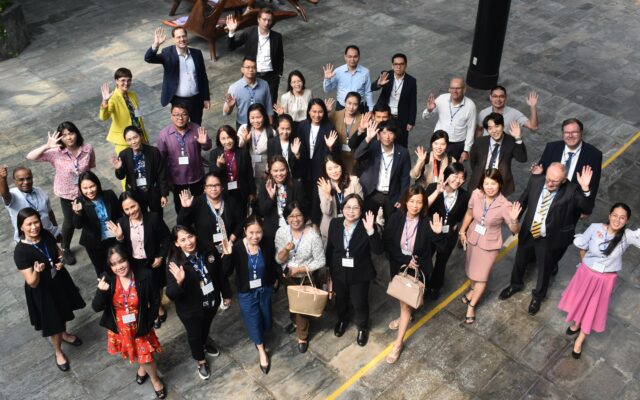
A new partnership between DGRV and the Cooperative Development Authority (CDA) in the Philippines is enhancing regulatory oversight and stability within the cooperative sector.
More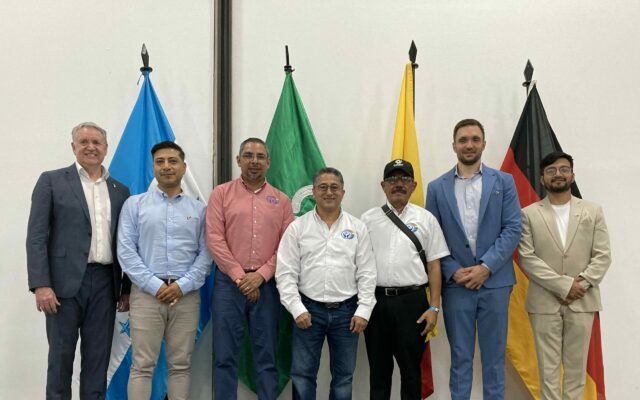
DGRV’s project in Honduras focuses on strengthening the cooperative financial sector, particularly in rural areas, and improving access to financial products and services. The initiative also aims to enhance resilience to climate change and promote the efficient use of natural resources, fostering sustainable and inclusive economic growth.
More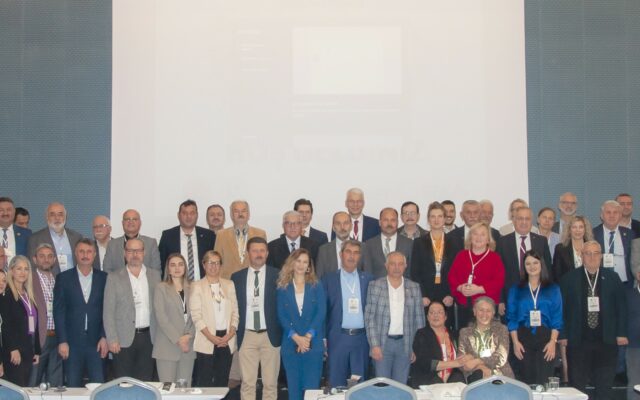
The 8-year long TAKBİ project within the framework of the Turkish and German association cooperation, revitalized Turkish agricultural cooperatives by surmounting challenges, elevating organizational structures, improving service quality, and fostering member satisfaction, leaving a lasting positive impact on the cooperative landscape in Turkey.
More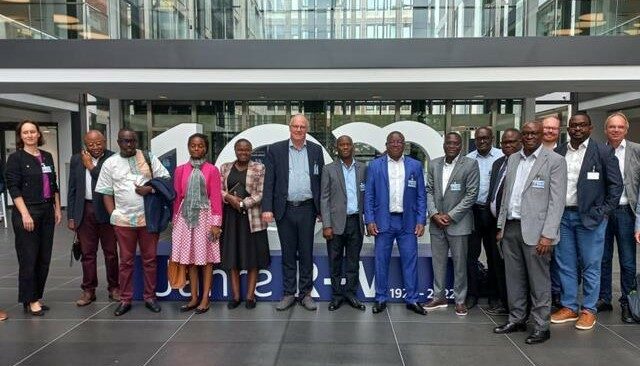
Financial experts from Benin, Cameroon, and Uganda embarked on a journey to Germany to explore the essence of cooperative principles, forging a vision for a resilient banking sector that transcends borders and fosters economic and social progress in African communities.
More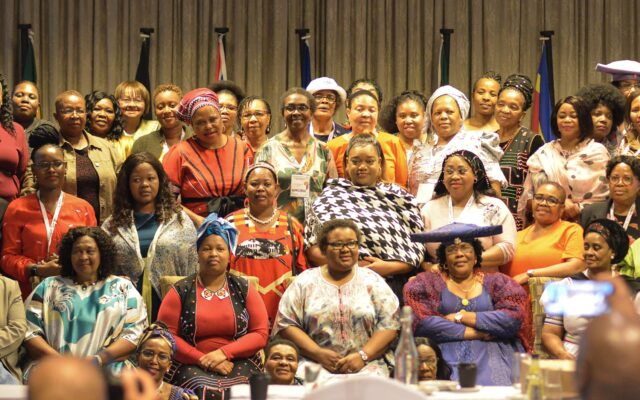
In an extraordinary gathering, female traditional leaders from Southern Africa converged to harmonize the concepts of Ubuntu and cooperative principles, setting a visionary path for community development.
More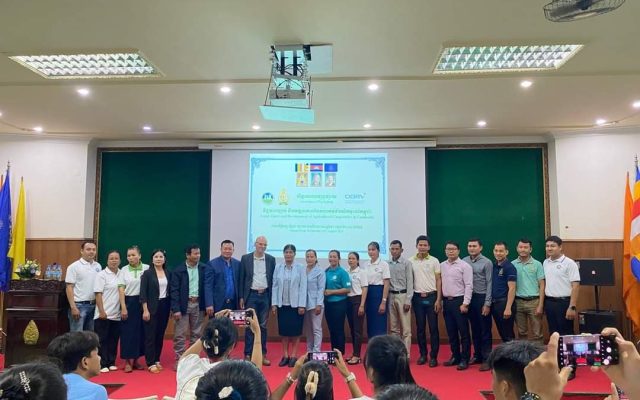
Empowering Cambodia's agricultural cooperatives through dynamic seminars: DGRV and AERD/RUA collaborate to drive leadership, professionalism, and sustainable growth.
More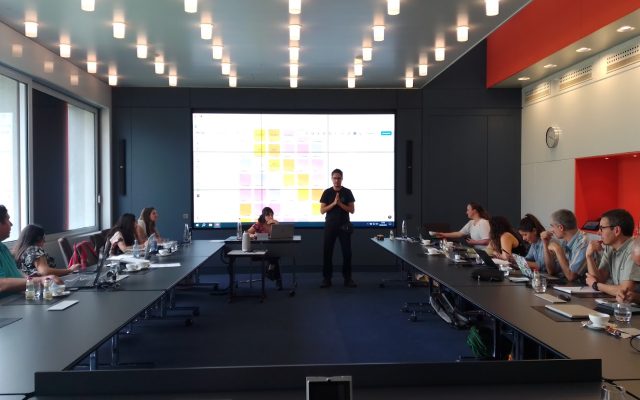
In June, eight Chilean organizations participated in an Exposure Visit to learn from the experience of Energy Cooperatives in Germany
More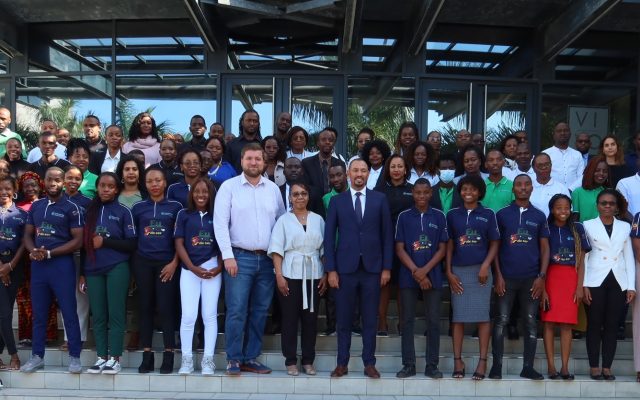
Empowering Mozambican youth through cooperative entrepreneurship to tackle unemployment and promote economic growth.
More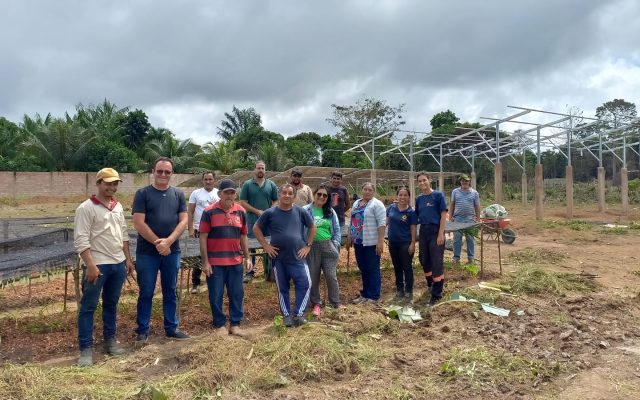
Helping the cooperative CCampo Alimentos to implement an Agrivoltaic pilot project in Brazil
More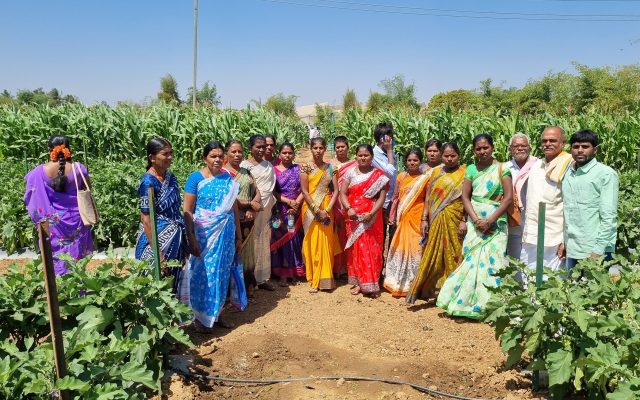
Adaptation measures to climate change in rural areas in India
More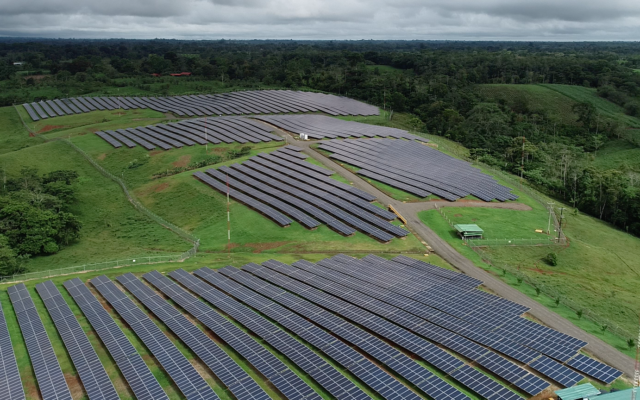
Renewable Energy in Costa Rica generated by cooperatives.
More
Food Processing with a Regional Federation
More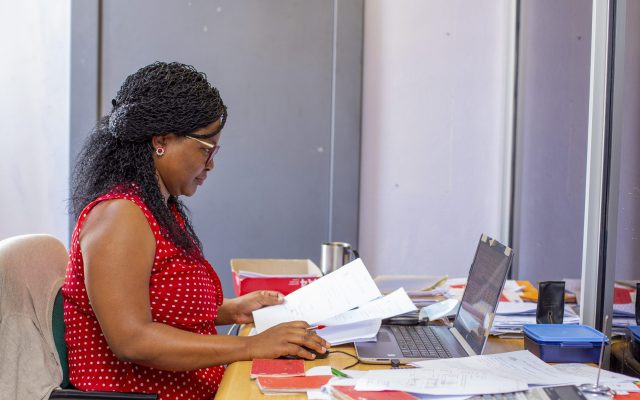
Digitisation of Primary Co-operatives in eSwatini
More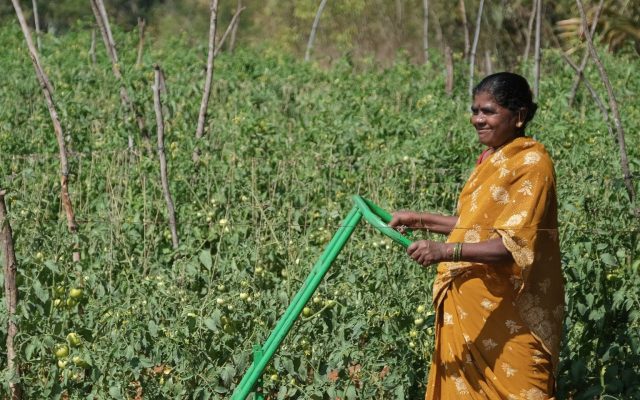
A central solution that enables members to make daily agricultural necessities available promptly and financially affordable
More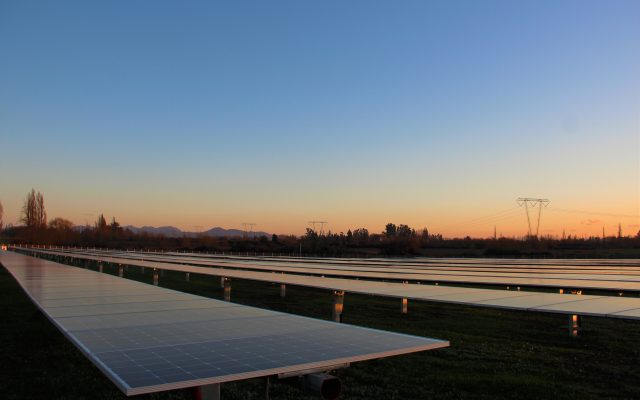
The creation of Community Distributed Generation Cooperatives in Chile.
More
Textile cooperative in Tunisia
More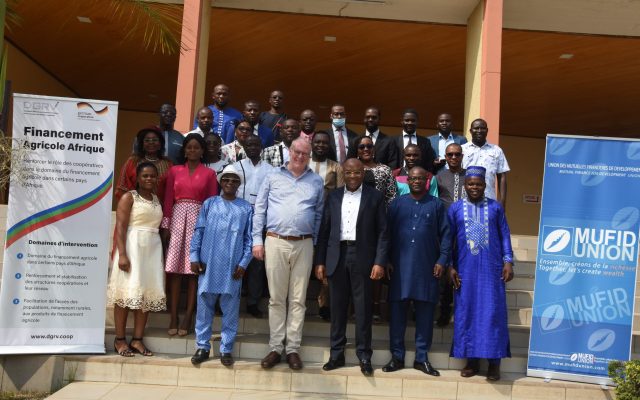
Facilitating access to quality agricultural finance products in Cameroon
More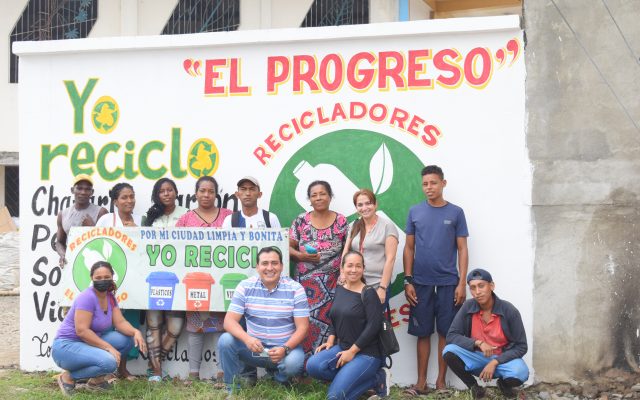
Generating business and commercial connections with the "Networks in Action" project
More
Mid- term courses for cooperative officials in Vietnam
More
The collaboration between the Brazilian and German cooperative sector
More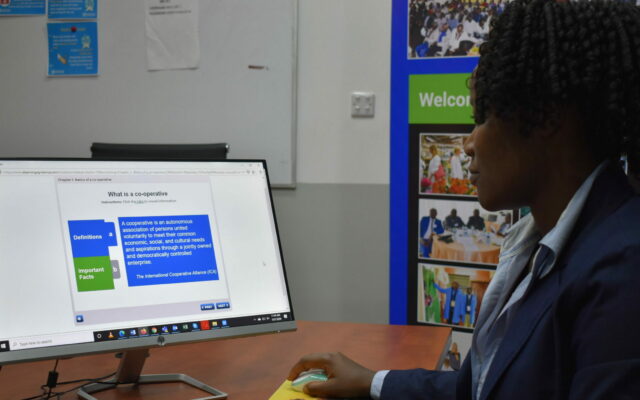
DGRV Kenya supports project partners on their way to adapt to “The new normal” in times of COVID-19
More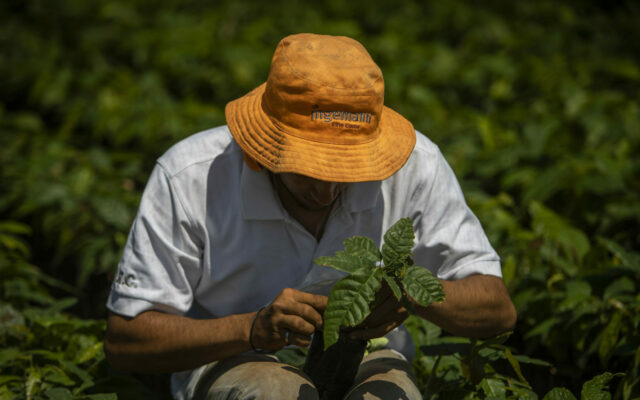
Pablo and his Potatoes
More
Strengthening small rural producer organizations in Colombia
More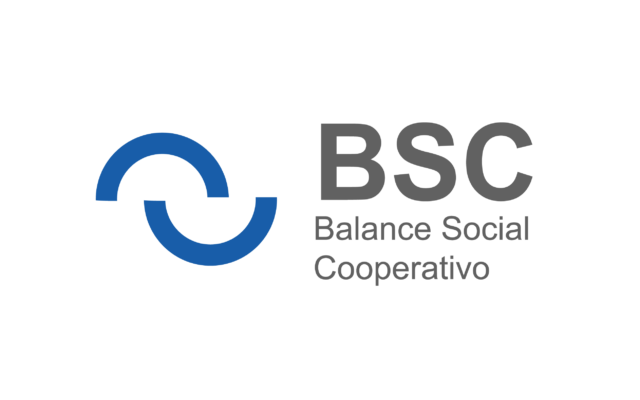
Cooperative Social Responsibility in Honduras
More